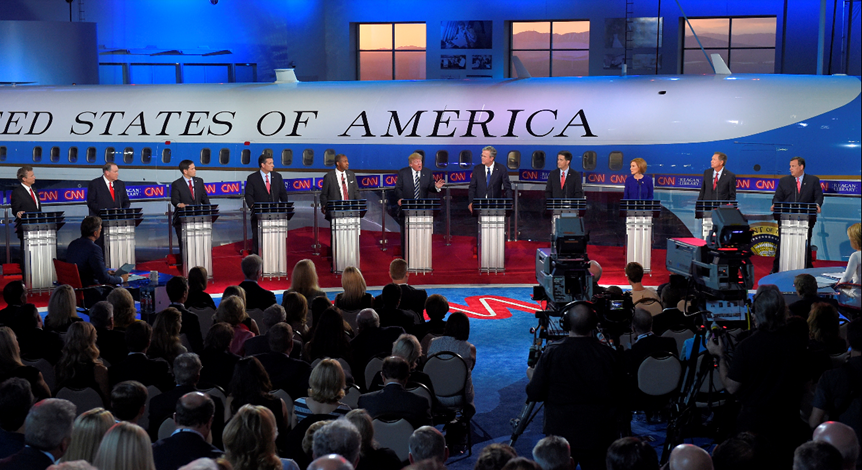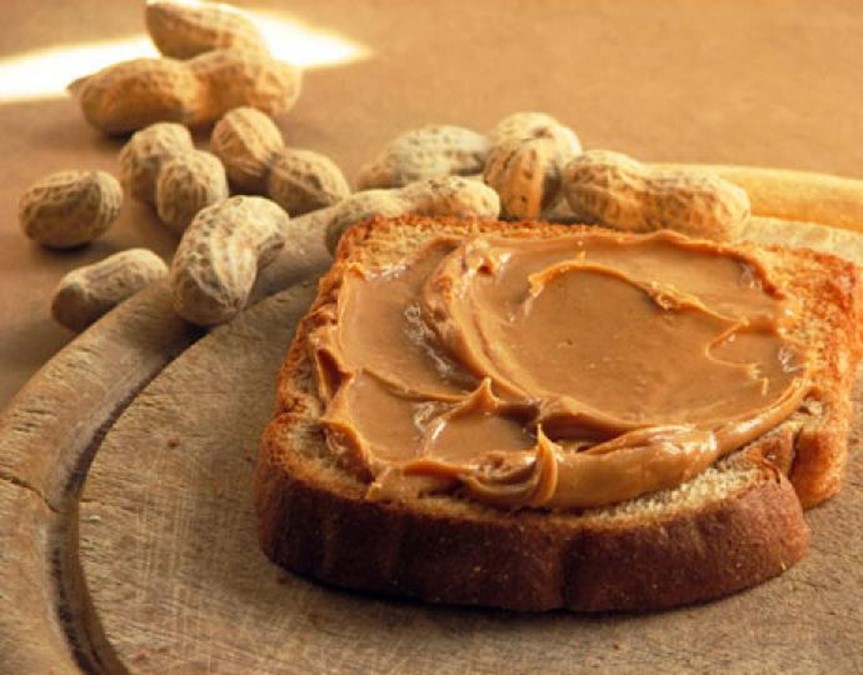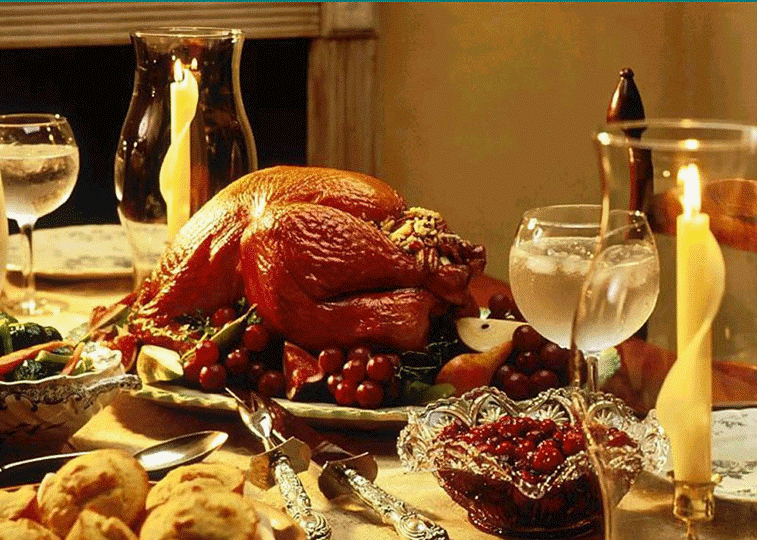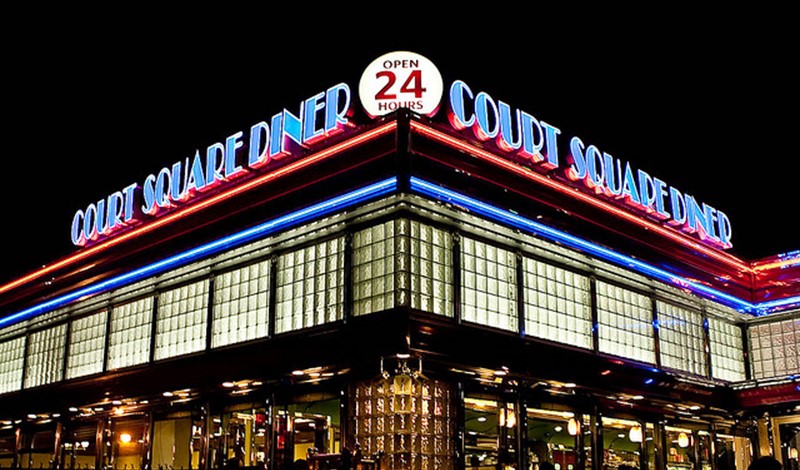
Pre-election polls were wrong about who would win in the United Kingdom, Israel, and Bihar. Jill Lepore took a look at the history of polling and the current challenges that it faces:
- In the 1980s pollsters could expect that 60% of those they called to poll would be willing to share their opinion on politics. These days less than 10% do.
- And polling companies have traditionally only called those with landlines. With the younger increasing opting only for mobile phones this biases samples
- Yet polls have become more important than ever. The big TV networks have used polls to determine the main debaters for the Republican Presidential debates, and even what order they’re presented on the stage.
- Critics of polling point out that most democracies are republics, not direct democracies. This is to prevent decisions from being taken by mass opinion and the hysterias that it is prone to, thus, in theory, protecting things like minority rights.
- Moreover, pollsters often don’t reveal the way they arrived at their conclusions so that they can keep their algorithms secret and maybe sell them in the future.
- Others note that polls actually help ensure that everybody’s voice is heard since each data point is treated equally.
- Some are trying to turn polls against politicians. One startup allows users to see the candidates that stand unopposed and then pledge money to anybody who’ll stand in an election against them.
- As soon as the candidate with the right policy positions enters the race the pledges become instant donations that are given to the candidate.
- Potential candidates for office then can see how much money they’d start off with the moment they entered a race.
The full article is much longer and goes into a much deeper level of analysis of the history of polls. You should read it, and what this means for Donald Trump, over here.
Source: The New Yorker










Join the Discussion! (No Signup Required)